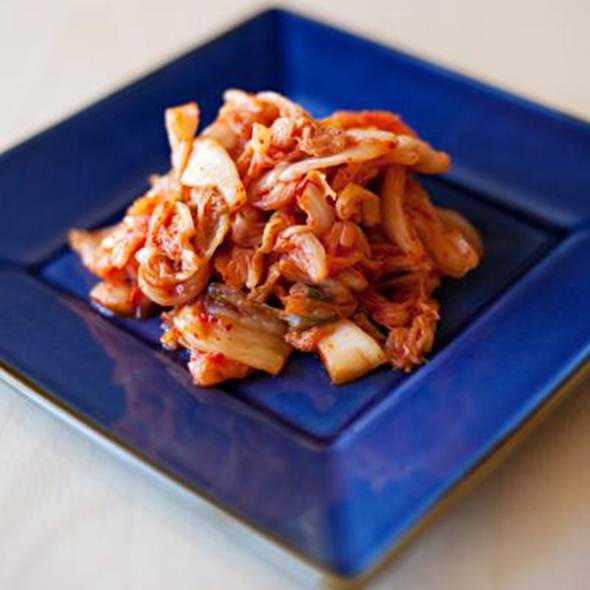If you’re tossing and turning every night,
or burning the midnight oil, you may begin to notice the weight creeping around
your middle. The American Thoracic Society International Conference shows that
middle-aged women who sleep five or fewer hours each night weigh an average of
2.5kg more than those who sleep for at least seven hours. “When you reduce your
sleeping hours, your body becomes insulin resistant,” says Associate Professor
Peter Liu, from the Australasian Sleep Association. “It’s thought that reduced
sleep causes changes in hormones that control appetite. It may be that changes
in the hormones – leptin and ghrelin – make you hungrier, but also cause you to
eat foods which are higher in calories. These eating patterns can lead to
obesity.” According to Liu, the way in which our society prioritises sleep is
also a problem. “We need a cultural change, where we recognize and value
sleep,” he says.

Researchers
have reported that those who sleep for five hours or less a night generally
weigh more than those who sleep for eight hours a night
What
you can do:
Try sticking to a regular sleeping
schedule. “Our bodies are controlled by a circadian clock, which makes us
sleepy at a certain time of night and wakes us at a certain time of day,” says
Liu. “If you’re continually misaligned with that clock, you’ll feel
‘jet-lagged’ and tied.” He suggests going to bed at the same time every day.
“Getting enough sleep is something to be proud of, not ashamed of,” Liu says.
7. Lose the stress
“When we’re stressed we tend to behave in
two ways: either we eat more as a result of feeling out of control or we skip
meals,” says dietitian Tara Diversi. “Either of these behaviours can, over
time, cause weight gain.” A study published in the American Journal of
Epidemiology found women are more likely to feel the effects of stress from
strained relationships, financial worries and career issues. “Your body
releases stress hormones, including cortisol and adrenalin, in times of
anxiety, fear or excitement,” says Diversi, “These create carb craving for
foods such as potatoes, bread and pasta, increasing the blood sugar levels and
encouraging the body to store fat if any energy is left over,” she says.

Stress
cause weight gain
What
you can do:
·
Eat regular meals. That includes breakfast, as
it will give you the energy to deal with the demands of the day.
·
Don’t cut out carbs. Choose wholegrains, such as
brown rice, or wholemeal pasta. Foods such as wholegrains or fruit contain
vitamin B and magnesium, which are ideal to help you deal with stress.
·
Fish, seafood, walnuts, pecans and hazelnuts.
All contain the stress-busting omega-3 fatty acids.
8. Buy blue plates
Ever noticed how most fast food restaurants
have an abundance of the colour red in their menus and decoration? And why
mother nature didn’t create any blue foods? According to research, originally
by colour psychologist Faber Birren, and more recently by Kenneth Fehrman,
author of Color, The Secret Influence (available from Amazon), the
colour blue is meant to make you feel full. “Colour can have a physiological
effect on your body,” says colour consultant Samantha Bacon. “With red, we get
a quickening of the pulse, your heart rate increases and your mind becomes more
alert. With blue, your heart rate decreases and the brain waves calm down.”

The
colour blue is meant to make you feel full
What
you can do:
“Buy yourself some blue plates, or put a
blue sign on the fridge door, reminding yourself no to snack,” says Bacon.
“Eating off blue plates won’t create a huge response: it’s minimal, but there
is a difference.”
9. …And make them smaller
In a study by Cornell University Food and
Brand Lab, people given larger bowls served themselves and ate 16 per cent more
cereal than those who were eating out of smaller bowls. “Smaller plates do mean
smaller meals,” says dietitian Di Prima. “In fact, you can reduce your meal
size by 25 per cent without even noticing.”
What to do:
“Fill only half your plate with the kilojoule-heavy component of the meal, such
as the meat and the starchy foods like pasta or rice,” she says. Then, to
really cut the kJs, make sure the other half of the plate is filled with salad
or low-starch vegies.
10. Choose
your dining companion wisely
A study published in the Journal of
Consumer Research found that we tend to match the kilojoule intake of our
dining partner when eating. So if they’re indulging, you do too; if they’re
dieting, then you too will choose salad. “If a heavy-set colleague eats a lot,
you are likely to adjust your behaviour and eat less. But a thin friend who
eats a lot may lead you to eat more than you normally would,” say the
researchers.

“If
a heavy-set colleague eats a lot, you are likely to adjust your behaviour and
eat less. But a thin friend who eats a lot may lead you to eat more than you
normally would,”
What
you can do:
The best dining companion? “One who is on a
diet or eats healthily – you won’t eat as much as you want to mimic their
behaviour,” say Lei.